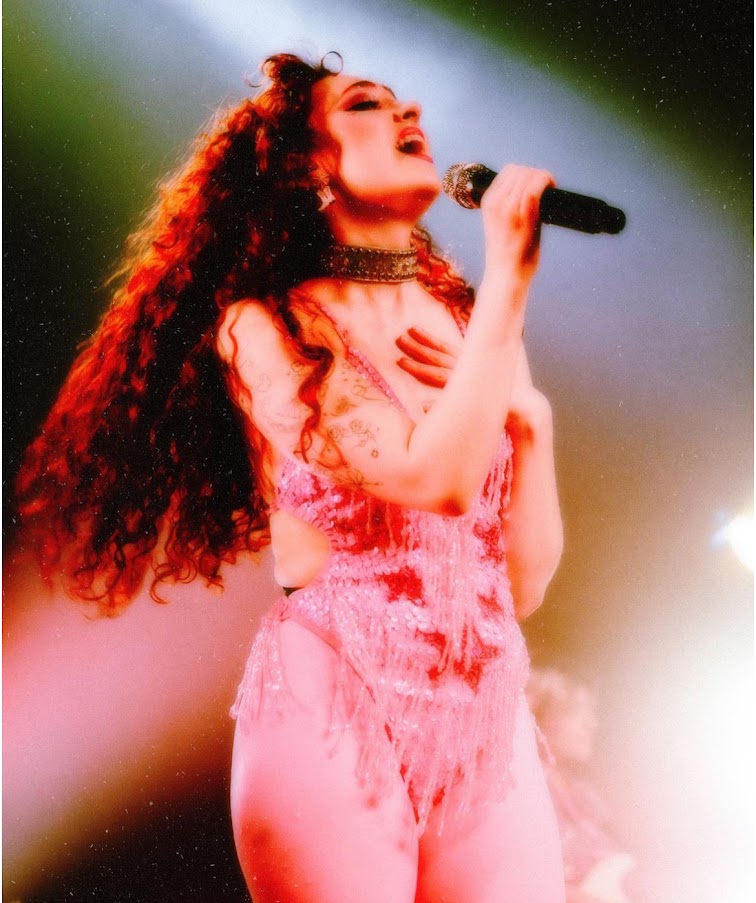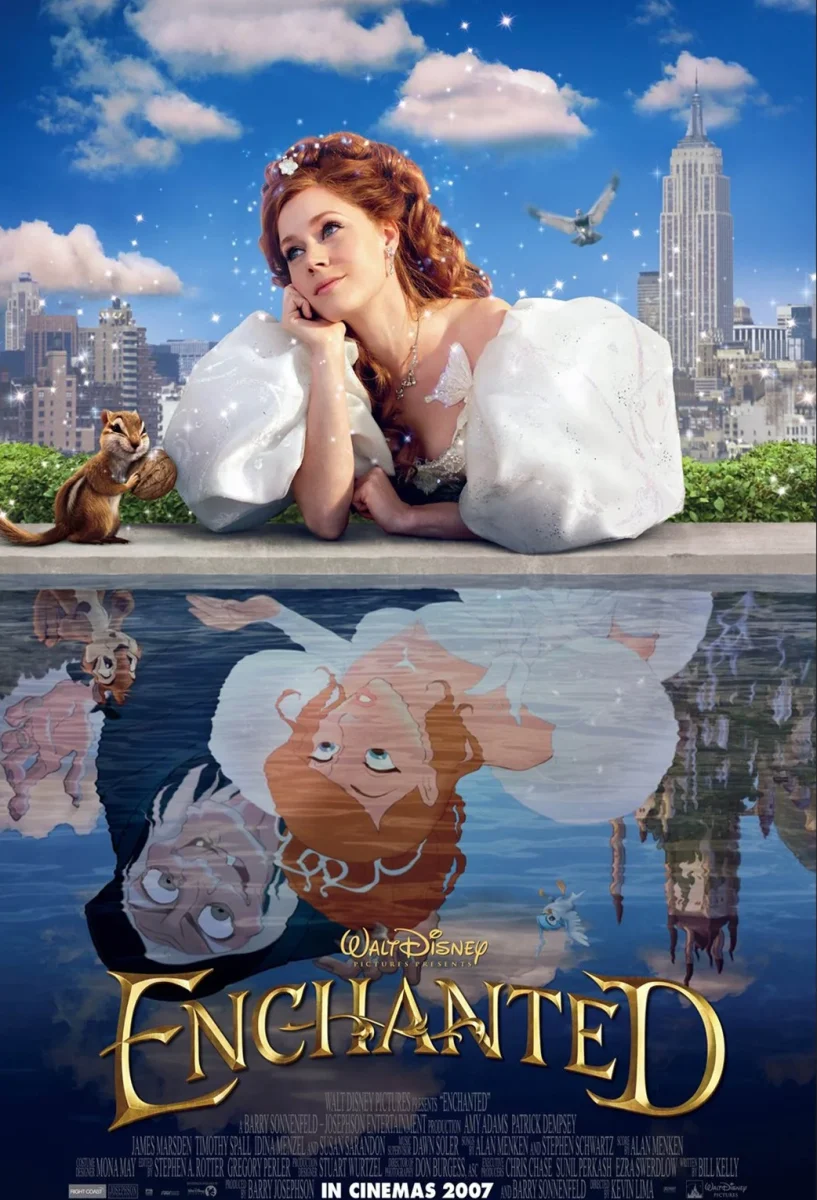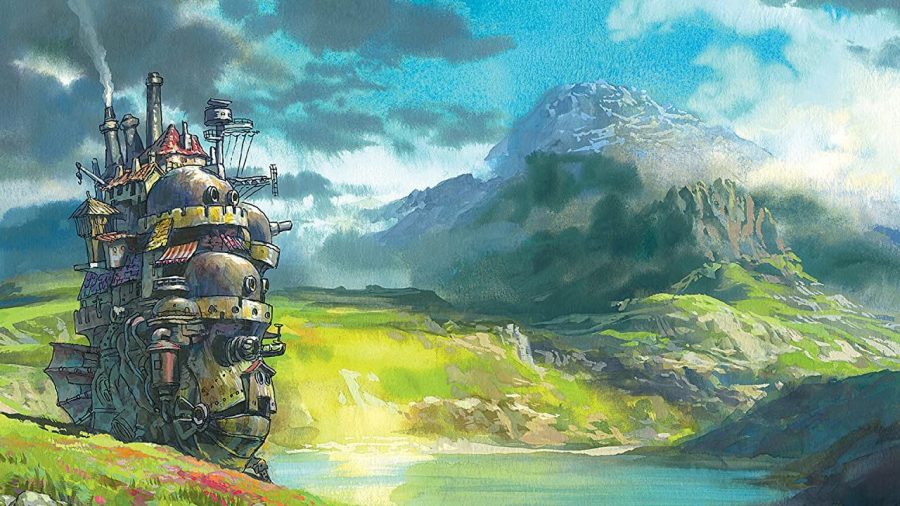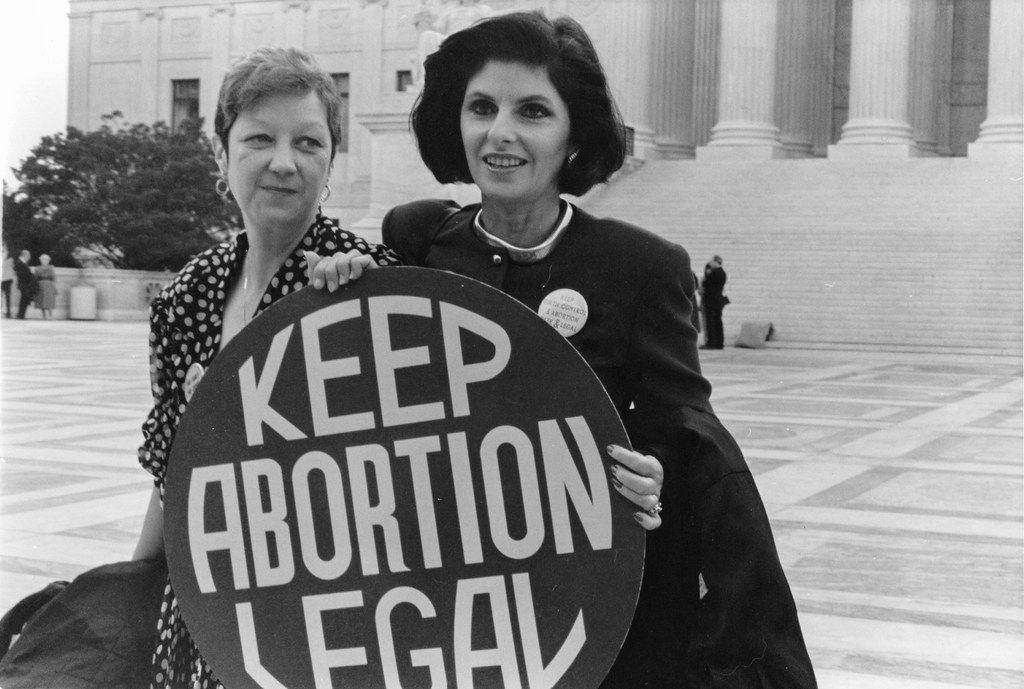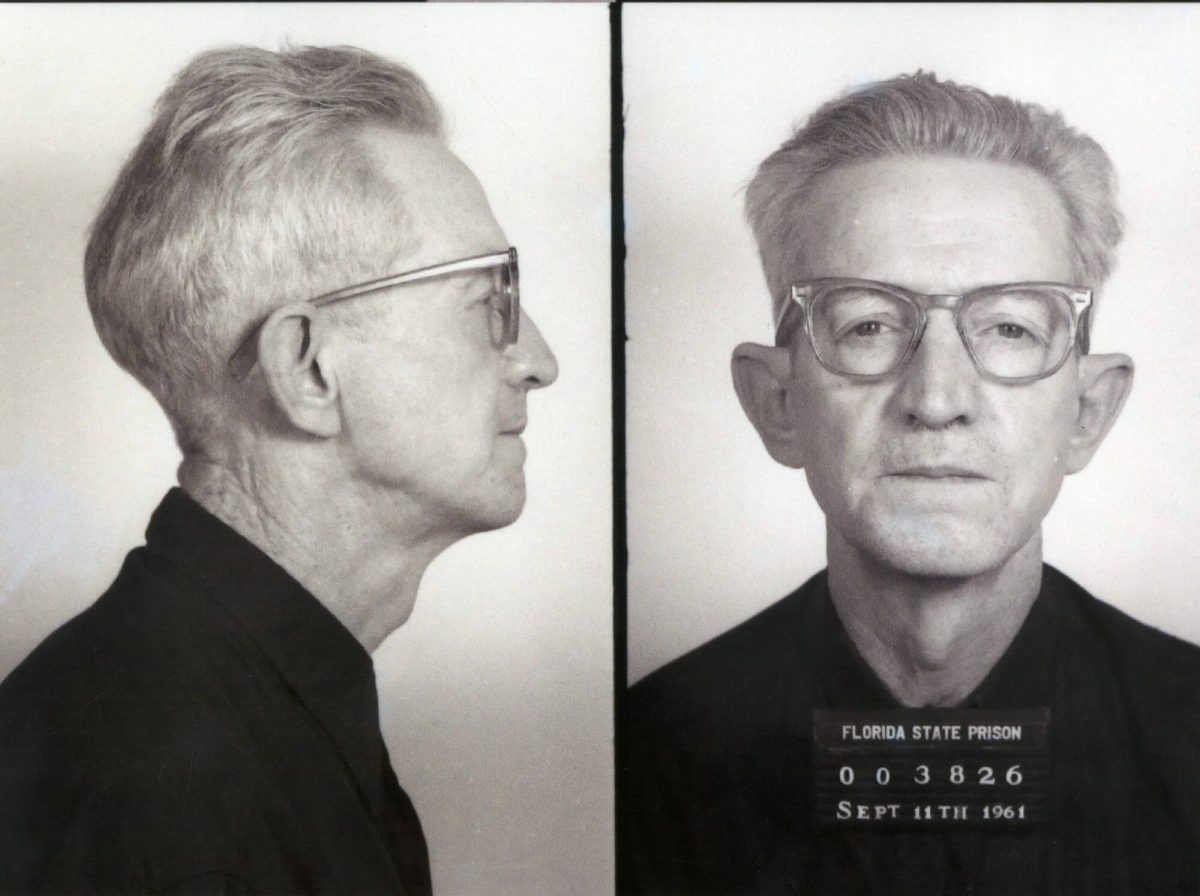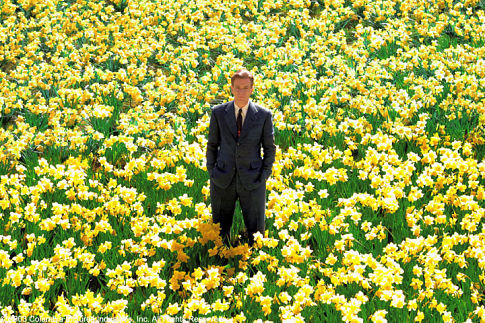Artists, especially in music, seek to capture God. Not in the literal religious sense, like a being who watches over all, but instead a divine singularity of emotion that is all-encompassing. From the trashiest of pop hits to the deepest of ballads, when the music reaches into the nooks of the soul, it pulls something out in us akin to soaring. Musicians know that to be successful, we must harvest humanity out of our listeners, but it must be done in moderation, or the effect can be disastrous. In the wake of COVID-19, the floodgates have completely opened. A tidal wave of new concertgoers who were not able to be taught their etiquette while in their teen years have now flooded the artists are both asking for their complete humanity while selling it in bits to people primed for nothing more than consumption. In such situations, we must ask: what do artists owe us?
Singer-songwriter Chappell Roan has rocketed to fame after the release of her single, “Good Luck Babe.” She has become a festival must-see thanks to performances like her iconic Coachella set, where she paid tribute to “RuPaul’s Drag Race” winner Sasha Colby by introducing herself as “your favorite artist’s favorite artist.” However, the prowess of her recent stardom has become eclipsed by an entirely different conversation.
Over the past month or two, the relatability that the pop singer has become so lauded for has been twisted against her fandom. Roan spoke out in a TikTok video series, voicing her frustration against fans exhibiting stalker behavior and harassing her friends and family. She communicated her need for space in her personal life away from the stage. Despite the majority supporting her decision, a few argued that being in the public eye meant contending with the destruction of a personal life.
However, many popular artists, such as Mitsiki, came out in support of her. “I just wanted to humbly welcome you to the shittiest exclusive club in the world, the club where strangers think you belong to them, and they find and harass your family members,” Mitski stated in a phone call to Roan, according to Rolling Stone.
As this debacle began to seep and settle, another cropped up like an internet hydra-head. Roan attended the VMAs, winning “Best New Artist.” It was here where she delivered a show-stopping performance wherein she referenced the fight of Joan of Arc and appeared in several variations of fantastical costumes. The monumental force of this performance, however, still could not eclipse the hot topic moment from earlier that night, where she told a photographer to “shut the f**k up.” Although public response accepted this as an extension of her pattern of boundary setting, there was an ongoing question as to whether or not the photographer had actually told her to shut up at all.
Most recently, Roan released another TikTok video discussing her decision to not openly endorse any candidate while revealing her intention to vote for Kamala Harris. A wave of criticism was unleashed where fans disapproved of her perceived tendency towards centrism. Roan followed up with a TikTok correcting the initial video, saying, “There is no way I can stand behind some of the left’s completely transphobic and completely genocidal views.” She continued, “This is not me playing both sides. This is me questioning both sides because this is what we have in front of us.” This response only garnered more criticism, a discussion on the kinds of privileges someone has to have to discuss these issues so imprecisely.
All of this came to a head on Sep. 27, when she dropped out of the highly anticipated All Things Go Festival this weekend at New York’s Forest Hills Stadium on Saturday and at the Merriweather Post Pavilion outside Washington, D.C. on Sunday.
“I apologize to people who have been waiting to see me in NYC & DC this weekend at All Things Go, but I am unable to perform. Things have gotten overwhelming over the past few weeks and I am really feeling it,” Roan posted Friday on her Instagram story.
Roan could have been the cure to the industry issue of destroying young artists for profit. Artists do not owe you anything more than their art at any given time, but the problem with being a public figure is whatever gets put out cannot be retracted. Roan is currently being failed by her PR and marketing team who continue to allow her to engage in the discourse around her without a prepared plan.
However, this turmoil cannot be used to cite a failure to do a job, especially when the job is privileged. Within our capitalistic society, we all suffer at the hands of a greater profit. Still, Roan’s position as one of the world’s biggest up-and-coming artists means she suffers exponentially less than someone working a blue-collar nine-to-five. While the nation struggles to make ends meet and 70 percent of Americans live paycheck to paycheck, Roan can live comfortably and off her art. This does not mean that people are entitled to her life, but we are entitled to her commitment to art.
“Most people never get to be close to having their art be their career, so when you get that, and all you do is complain, it comes off distasteful,” says EJ Mcknight, a sophomore singer-songwriter at the University, “When you get that level of success, you forget what it feels like not to have it.”
What do artists owe? The answer to the question at hand is simple. They owe what they signed up for. An artist puts out music; we get music to listen to in return. An artist says they will play a show, and we will buy tickets to watch the show in exchange. A failure to uphold that is a failure to do your job in the simplest of considerations.

